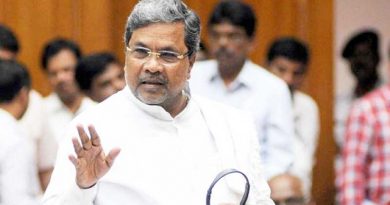BWSSB Initiates Cauvery VI Stage Project to Enhance Water Supply Around Bengaluru
Bengaluru Water Supply and Sewerage Board (BWSSB) has initiated the bidding process for the Detailed Project Report (DPR) of the Cauvery VI stage project aimed at supplying water to towns surrounding Bengaluru. This new stage, projected to utilize approximately 6 tmcft of Cauvery River water annually, seeks to augment the total water utilization in Bengaluru and its neighboring areas to about 35 tmcft annually.
The project, propelled by a recent directive from the Karnataka government to maximize water allocation for drinking purposes from the Cauvery award, will primarily cater to towns like Nelamangala, Devanahalli, Hoskote, Bidadi, Anekal, among others, along with supplying water to two new Bengaluru layouts — Dr. Shivaram Karanth Layout and Nadaprabhu Kempegowda Layout. BWSSB intends to draw water from Shivanasamudra and transport it to Torekadanahalli for processing before distributing it to various destinations through a pipeline network.
The consultancy tender for preparing the DPR, including an environmental impact Assessment and alignment determination, has been issued with a bid submission deadline of February 21 and a project cost set at ₹95 lakh.
BWSSB’s Deliberations on Cauvery VI Stage Project Progress Amidst V Stage Completion
As BWSSB nears completion of the Cauvery V stage project, targeted to be fully operational by May 2024, deliberations on the VI stage project signify the board’s continued efforts to bolster water supply infrastructure around Bengaluru. The V stage project, undertaken at a cost of ₹5,500 crore with financial support from the Japan Infrastructure Cooperation Agency (JICA), aims to provide piped water supply to 110 villages newly incorporated into the city’s civic administration in 2008.
Despite progress on the V stage, concerns linger regarding the response to water connection uptake, with only a portion of the targeted properties having paid the Beneficiary Contribution Charge (BCC) and Establishment of Tools and Plants (ETP) charge thus far. While BWSSB remains committed to fulfilling its water supply obligations, challenges persist, including addressing trust deficits among residents awaiting water connections and demands for the reassessment of the hefty ETP charges.




